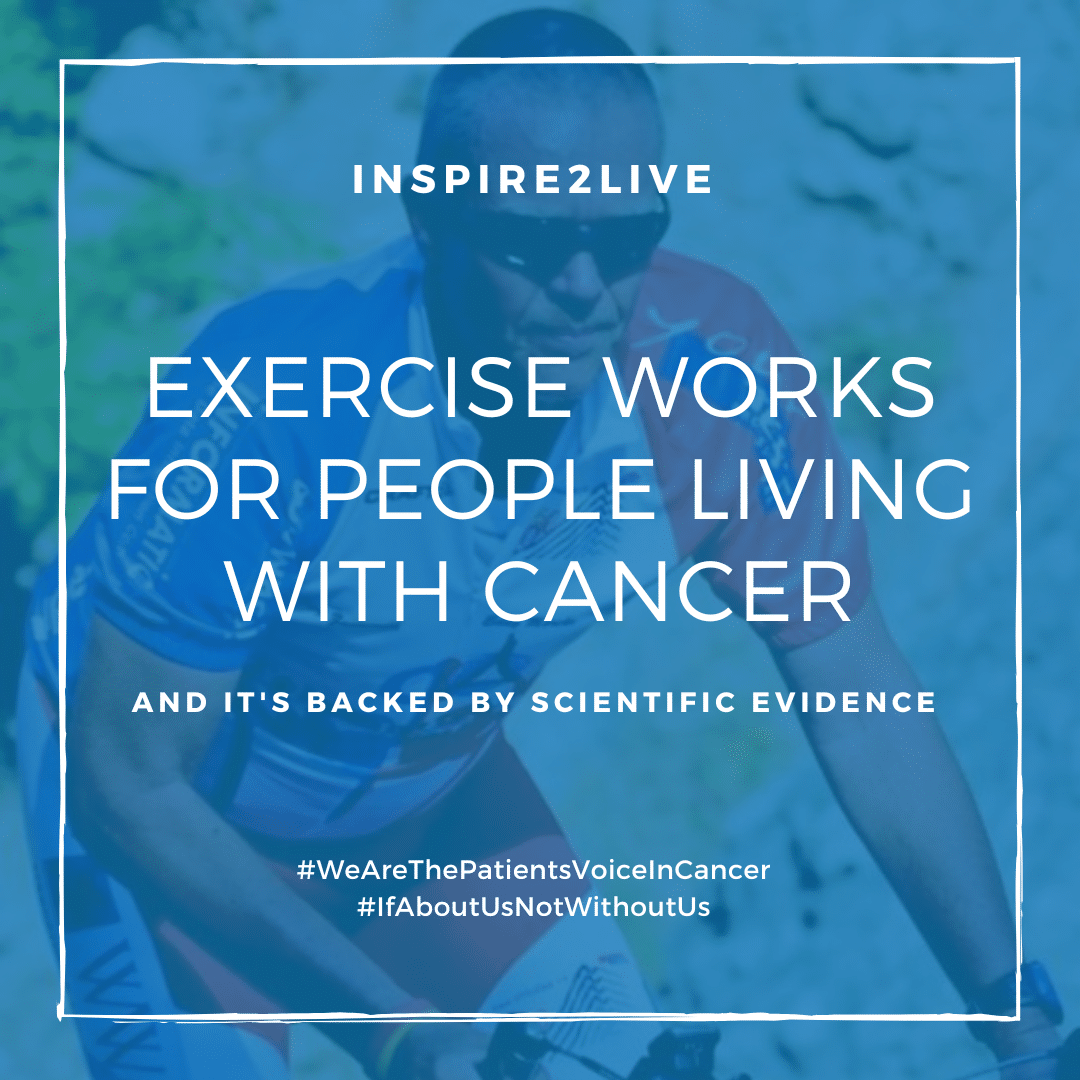I was diagnosed with follicular lymphoma in 2005. I relapsed in 2006, 2007 and 2008, and ultimately needed both autologous and allogeneic stem cell transplants to survive. Today, my quality of life is close to 100%. Of course, with age I sometimes feel the decline, but that’s just ageing, not illness.
When my treatment began, I asked my doctor how best to rehabilitate. She was honest: ‘I don’t know, Peter. You’re a triathlete, you probably know more about rehabilitation than many doctors. Do it your way.’ And so I did.
I got back on my bike, kept my heart rate below 120 beats per minute, cycled for an hour at a time, wore warm clothes, and drank plenty of water. I believed that sweating could help eliminate not just lactate, but possibly chemotherapy residues too. This was my personal interpretation of rehabilitation and for me, it worked.
In 2007/2008, we began formal research on exercise-based rehabilitation, launching four clinical studies: during and after treatment, in children with cancer, and in patients undergoing stem cell transplantation. We also examined implementation challenges, returning to work, telerehabilitation and more. The findings were published in 2012. We were pioneers in this space.
The good news is that much more research has followed, and the evidence is clear. Exercise before, during and after cancer treatment plays a crucial role in improving outcomes. Prehabilitation, improving your physical condition before treatment, makes a difference, as maintaining physical activity throughout and beyond treatment.
We already know that exercise significantly supports recovery. Now, early results are showing that it can improve survival. One recent study demonstrated that:
“…an exercise programme initiated soon after adjuvant chemotherapy for colon cancer resulted in significantly longer disease-free survival and findings consistent with longer overall survival.”
Let’s exercise to prevent cancer. Let’s also exercise to live better and longer during and after treatment.
Peter Kapitein
Patient Advocate, Inspire2Live

